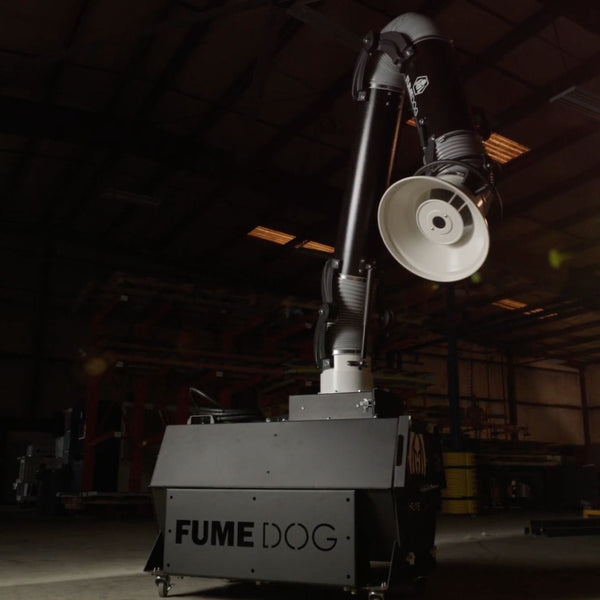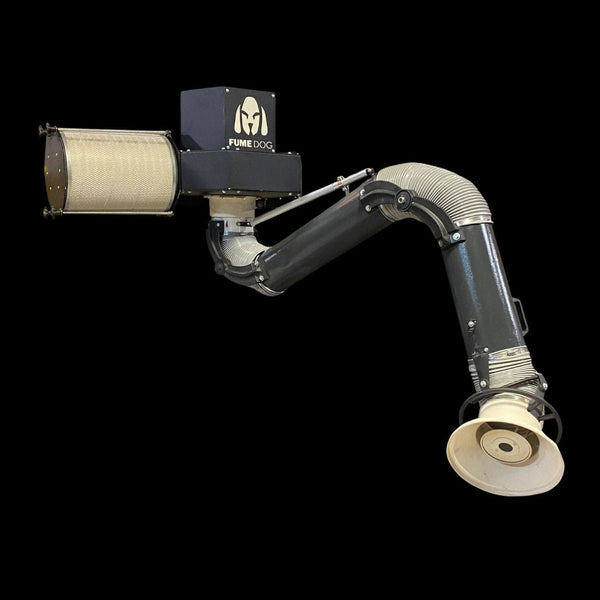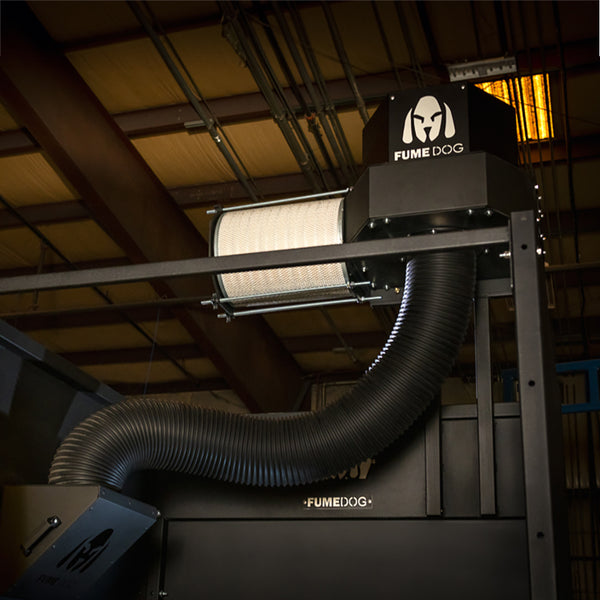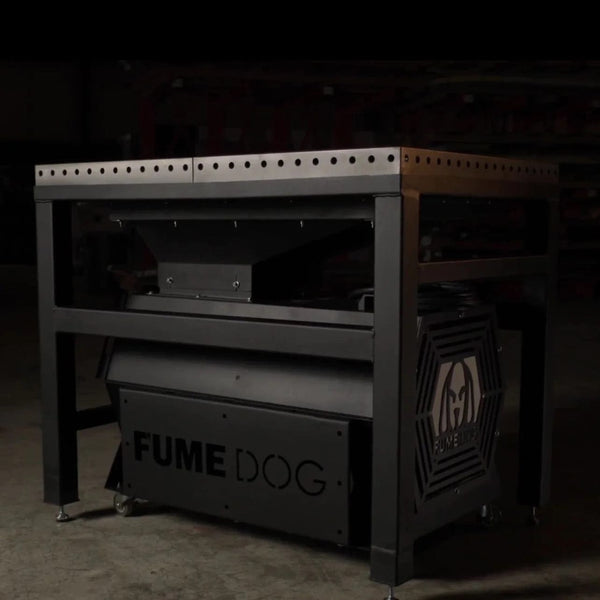
The workshop is full of dangerous hazards, both physically and chemically. However, metal fabrication can be entirely safe and rewarding with the right equipment. The biggest bodily threat for welders is overexposure to toxic fumes, a byproduct of metalwork. Fume extractors recycle these harmful fumes to protect individuals in the work environment, but they need the help of quality filters. Here are the two things to consider when choosing welding fume filters.
How Do Fume Filters Work?
Welding produces toxic fumes, including hexavalent chromium, which are considered carcinogens. They’re known to cause respiratory issues and various types of cancers. Extractors utilize suction to pass fumes through filters, producing cleaner, safer air for everyone. Filters with fine openings and large surface areas trap harmful particles away from the lungs of welders. A filter is ready for replacement if it is visually ripe with dirt and particles.
Filter Classes
There are filters in all sorts of gadgets that we use every day, such as in HVAC systems, water filtration devices, and many more. Since no single piece of equipment does the same function, various kinds of filters are needed for proper performance. The same is true for fume extractors, as filters come in three different classes:
- W1—has a filter separation of 95%, which is suitable for non-alloyed steel and low-alloyed steel with alloy components (less than 5% Ni and Cr).
- W2—has a filter separation of 98%, which is suitable for alloyed steel with alloy components (between 5-30% Ni and Cr).
- W3—has a filter separation of 99%, which is suitable for highly-alloyed steel with alloy components (over 30% Ni and Cr).
Separation refers to the efficacy of a filter. Consider the materials used in your workshop and determine which filter class works best for your needs. Of the two things to consider when choosing welding fume filters, this step is unequivocally the most important.
Type of Extractor
The kind of extractor you implement into your workshop affects the needs of filters. Downdraft tables and mounted units have their own specific requirements when it comes to cleaning and replacing filters, so you must research these products before purchasing.
Fume filters need replacement often, especially if the units experience heavy use. Our mobile welding fume extractor model comes built with an airstream filter cleaner that allows continued use without much maintenance. For more extensive workshops, these kinds of extractors are preferred to cut costs and save labor.
With proper maintenance, most filters will provide adequate protection for welders in the shop. Of course, quality machinery works more efficiently, prolonging the efficacy and longevity of a filter. Consider Fume Dog’s selection of fine fume extractors for all your welding needs.





